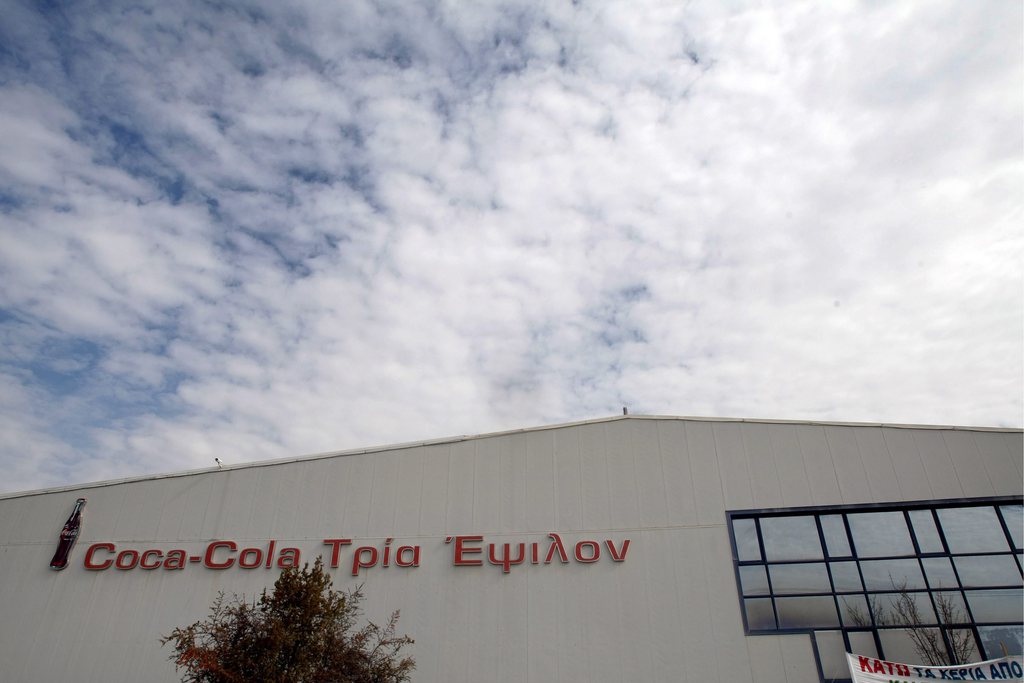Low tax cantons struggling to balance books

Low Swiss cantonal tax rates have made the country an attractive destination for multinational firms. However, cantons with low tax rates are increasingly finding this strategy tested due to internal and external pressures.
A squeeze on local finances has meant that times are tough for cantons that rely heavily on income from foreign holding companies or headquarters. These low tax cantons are resorting to partial or temporary tax levies to plug the gap while still attempting to remain attractive to international companies.
The low tax canton of Schwyz overcame its reluctance to tax its wealthier residents on Sunday in order to avoid increasing taxes across the board. This measure is expected to bring in around CHF66 million ($69.4 million) to the canton’s coffers. On the same day, another low tax canton, Obwalden, opted to introduce a temporary tax to finance a flood protection scheme that will be limited to 15 to 20 years.
Recently, the canton of Lucerne was also forced to take the plunge in order to meet a deficit of CHF60 million in its finances. Even the canton of Zug is in for some belt-tightening, as it proposed plans this summer to economise between CHF80 to 100 million during the 2015-18 period.
“The strategy of low taxes has not failed,” said Peter Hegglin, chairman of the Conference of Cantonal Tax Directors. Tax issues are, however, only part of the picture that a company considers before investing in Switzerland, he added.
Besides local finances, low tax cantons are also under international pressure from the European Union and various international taxation agreements to abandon their “uncompetitive” policy of levying lower rates on the foreign-sourced income of multinationals stationed within their borders.
Several cantons like Zurich, Schaffhausen and Basel City have given up on offering tax breaks while others like St Gallen, Thurgau, Nidwalden and Bern have tightened conditions for beneficiaries.

In compliance with the JTI standards
More: SWI swissinfo.ch certified by the Journalism Trust Initiative











You can find an overview of ongoing debates with our journalists here . Please join us!
If you want to start a conversation about a topic raised in this article or want to report factual errors, email us at english@swissinfo.ch.